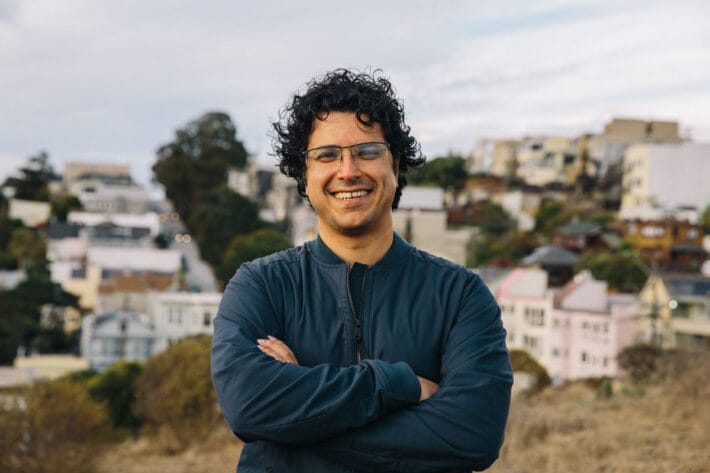
Pardis Sabeti discovered her love for math under the preschool tutelage of her older sister, Parisa — and she’s been ahead of the curve ever since.
As part of her research into human genetic resistance to malaria at Oxford, Sabeti worked to fine-tune an algorithm she had developed to identify more recent changes in the human genome. But her approach was considered offbeat. Undeterred, she kept at it when she returned to Boston for med school, exploring neighborhoods of the human genome looking for rapid changes in a population’s DNA, signals of the beneficial results of natural selection.
By 2002, she had a working model of her algorithm. She’d found a trait that “had to be a result of natural selection — [one] that likely helped the population I was looking at cope with malaria better than others.” Her discovery helps scientists understand how humans have evolved to become resistant to infectious diseases, and how the microbes underlying these diseases evolve to develop drug resistance. In turn, this information could help us to defeat these microbes and the resistance they develop.
Sabeti attributes her perseverance to her background. On the run from the fundamentalist regime in 1978 Iran, she and her family left Tehran and arrived in the United States and started life over again. Throughout, her parents remained strong and optimistic; their example is what motivates her to “work hard and always maintain positivity in the face of all odds.
Sabeti has continued to take on big challenges, notably the deadly Lassa fever virus. At her core, though, she remains a computational scientist, and conducts her research in that vein at her lab at Harvard, where she’s an associate professor. But now she also realizes that “what makes this work truly meaningful is its impact on human health.”
Awards and Accomplishments
- Burroughs Wellcome Fund Career Award in the Biomedical Sciences
- Packard Foundation Award in Science and Engineering
- NIH Innovator Award
- Smithsonian American Ingenuity Award for Natural Sciences
Jury Members
2014 Vilcek Prize for Creative Promise in Biomedical Science
Heran Darwin
Laurie Dempsey
Peter Palese
Jan Vilcek
Leslie Vosshall
Nicholas Wade
Jedd Wolchok
Related Prize Recipients
Hani Goodarzi
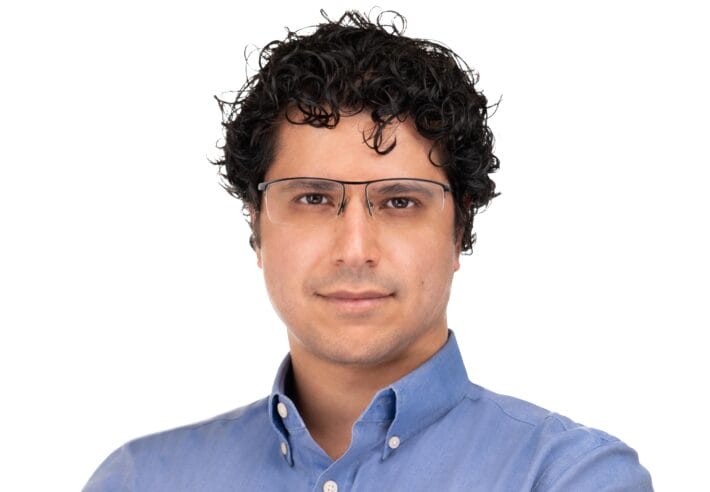
Michaela Gack
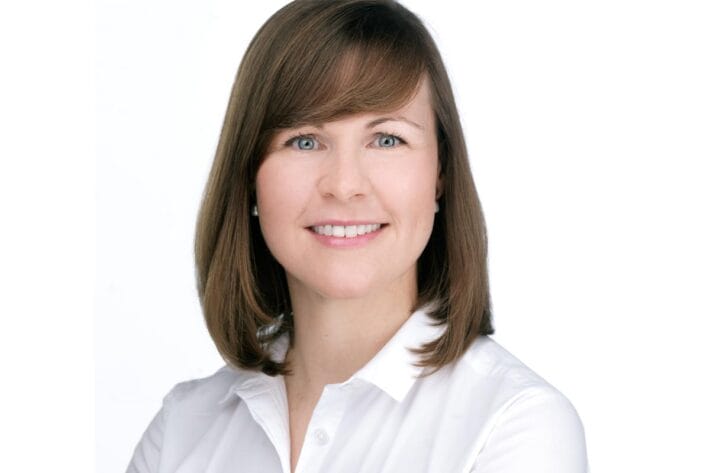
Houra Merrikh

You may also be interested in
Luciano Marraffini: Working to Decode the Genetic Revolution
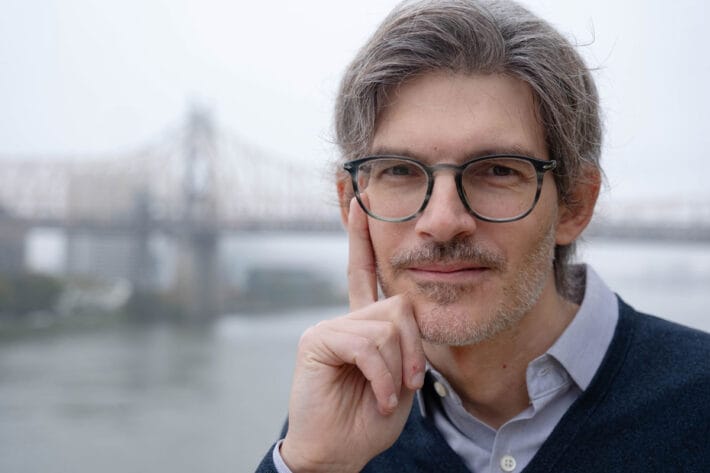
Vilcek Foundation Awards $250,000 to Immigrants in Biomedical Science
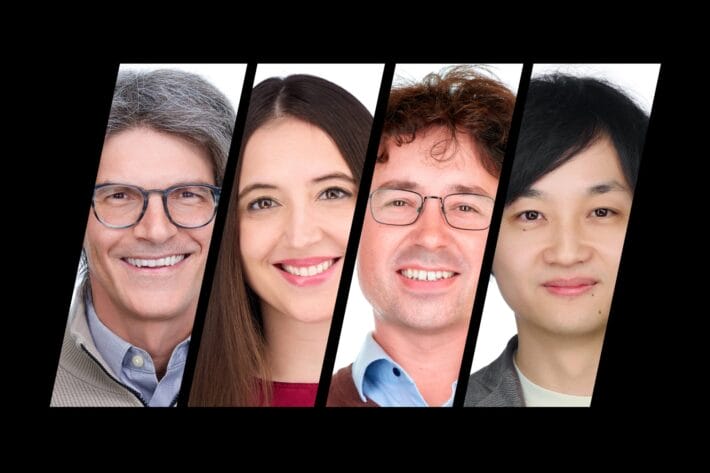
Hani Goodarzi: A multidisciplinary approach to cancer biology
